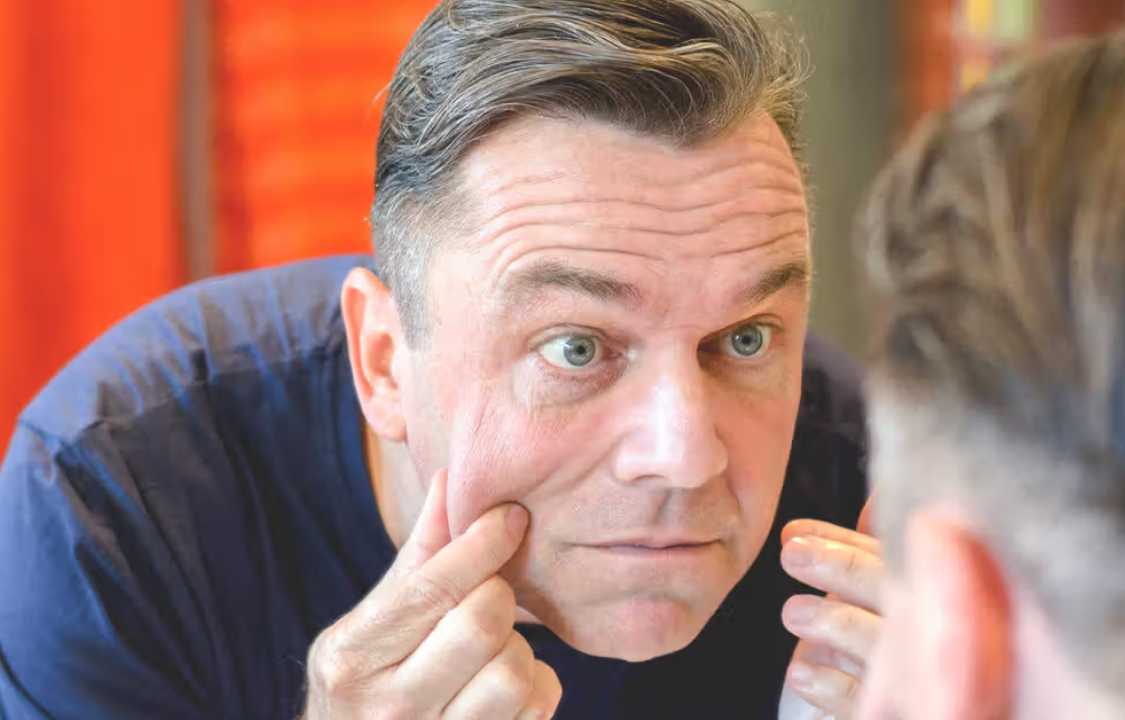Despite a diagnosis of multiple sclerosis (MS), Michelle Clos remains focused on energy management and positive psychology.
Multiple sclerosis (MS) is a complex and debilitating neurological condition that affects millions of people worldwide. While the exact cause of MS remains a subject of ongoing research, it is widely recognized that several factors can contribute to the damage of myelin, the protective sheath around nerves. This damage can lead to the development of MS, a chronic disease that can result in a wide range of symptoms, including numbness, balance issues, muscle weakness, and more. In this narrative, we will delve into the personal journey of Michelle Clos, who was diagnosed with MS and has since dedicated her life to managing the condition and helping others do the same.
Michelle Clos’s journey with MS began in 1990 when she was a senior in college. Her first episode of symptoms, which included the inability to walk, led her to seek medical attention. At that time, she received a diagnosis of transverse myelitis, a neurological disorder related to MS. The healthcare provider offered her a daunting 50-50 chance of developing full-blown MS and advised her to manage stress and live her life to the fullest. This initial diagnosis left Michelle with a lingering fear that her symptoms might return, casting a shadow over her nights as she wondered if each day would be the one when she couldn’t walk.
However, Michelle decided to adopt a different perspective. Instead of dwelling on her fears and uncertainties, she chose to focus on what was working well in her life. She gradually shifted her mindset towards positivity and resilience, determined to put her health concerns behind her.
Over the years, Michelle faced several more episodes of symptoms, but an official diagnosis of MS remained elusive. It wasn’t until 2001, when she experienced numbness on the right side of her face and body, that she received the conclusive diagnosis of multiple sclerosis. The delay in diagnosis, she admits, was partly due to her own denial and the desire to confront her health issues independently. She had been on automatic pilot, not contemplating the future because the burden was too overwhelming.
As time passed, Michelle’s journey with MS took a new turn. She found herself battling fatigue, a pervasive and insidious symptom of the disease. Despite her demanding job, where she worked around 70 hours a week and had been promoted to a managerial position, she faced a pivotal decision. She realized that MS was a constant companion, and she had to choose between climbing the corporate ladder while risking her health and quality of life or prioritizing her well-being and energy management. She courageously decided to step down from her high-stress position, gradually reducing her work hours to 32 and then 20 per week. She discovered that she could work effectively for about four hours before needing to rest and recharge.
Energy management became a critical aspect of Michelle’s life. Without regular naps, she experienced dizziness, instability while walking, and difficulty finding words when speaking. However, she discovered that by carefully managing her energy levels, she could still engage in activities she loved, such as running and participating in 5K races. Knowing that she could continue pursuing her passions despite the challenges of MS provided her with a profound sense of purpose and motivation.
In addition to managing her own health, Michelle felt a strong desire to help others facing similar challenges. She began coaching individuals with MS, sharing her experiences and knowledge to empower them to set and achieve their goals. Her journey led her to work on a national program that focused on positive psychology principles, emphasizing the importance of cultivating positive aspects of life and well-being. By applying these principles, she helped individuals enhance their outlook and overall quality of life while living with MS.
For Michelle, giving back and helping others was not just a choice; it was a calling. She believed that focusing on others and assisting them in their journeys created positive thoughts and feelings within herself. This sense of fulfillment and purpose further fueled her determination to make a difference in the lives of people with MS.
Maintaining her own well-being became a top priority for Michelle. She became a nutrition expert, ensuring that she was eating a balanced diet that supported her health. Additionally, she incorporated exercise into her routine, initially starting with walking and gradually progressing to running. She recognized the importance of distinguishing between genuine fatigue and mere laziness, learning how to push through challenges and stay active.
One of Michelle’s most significant fears was the potential loss of her cognitive faculties. While MS typically does not lead to dementia, many patients experience some degree of cognitive impairment. Michelle, however, was proactive in addressing this concern. She explored various tools and strategies to minimize the impact of cognitive symptoms, determined to maintain her mental sharpness and agility.
Throughout her journey, Michelle emphasized stress management and embraced positive psychology. She focused on what brought her joy and fulfillment, cultivating a thriving mindset. Her approach to living with MS wasn’t just about coping; it was about thriving despite the challenges.
In conclusion, Michelle Clos’s personal journey with multiple sclerosis serves as an inspirational testament to resilience, positivity, and the power of helping others. Her story highlights the importance of managing energy, practicing self-care, and embracing a positive outlook when living with a chronic condition like MS. Michelle’s commitment to not only managing her own health but also supporting and empowering others showcases the transformative impact of a determined and compassionate individual on the lives of those facing similar challenges.

